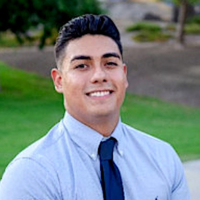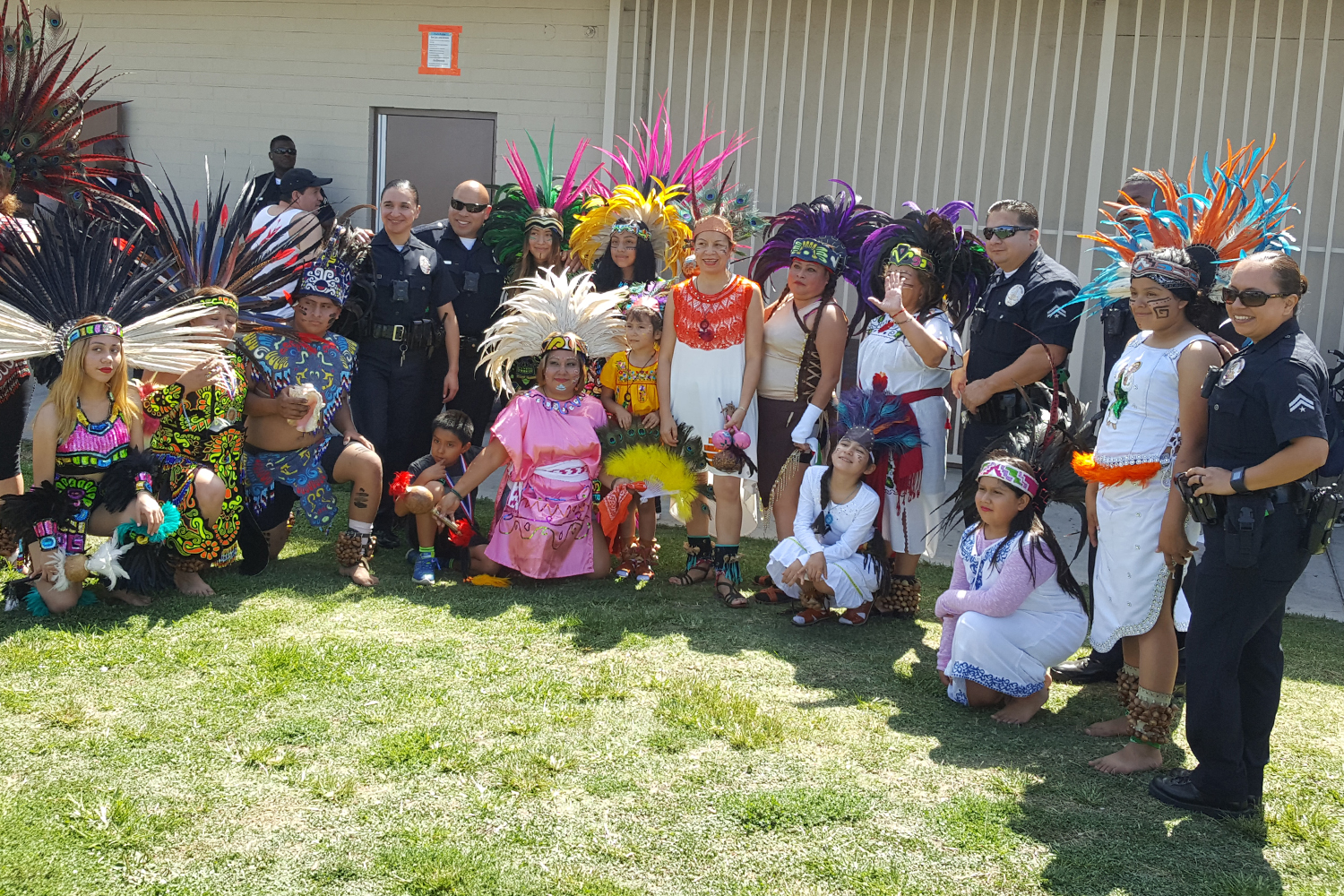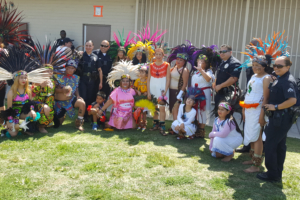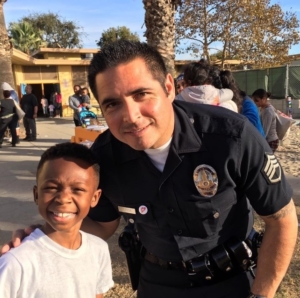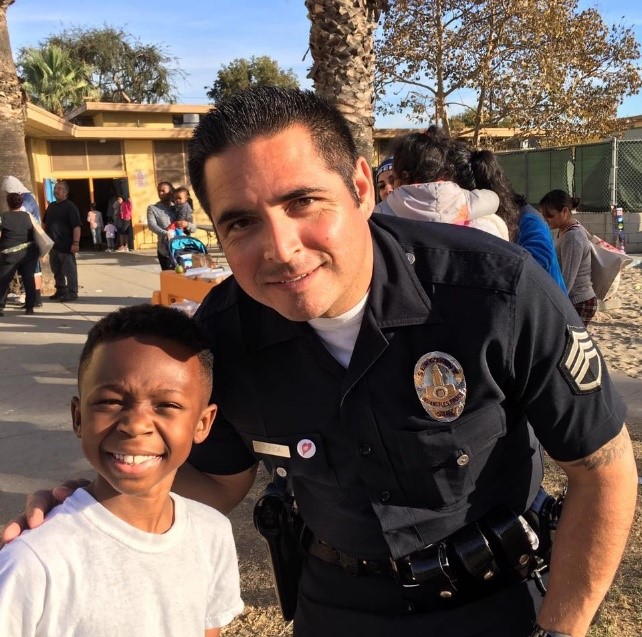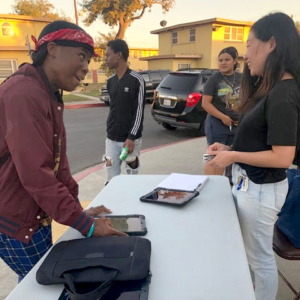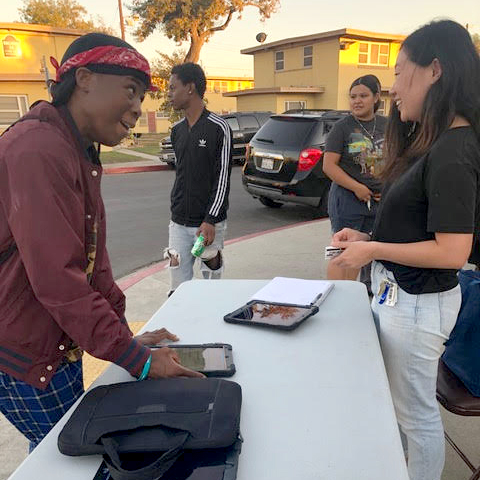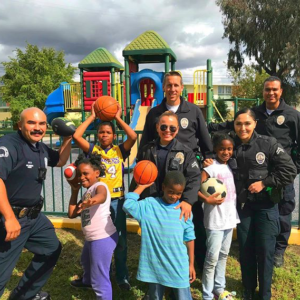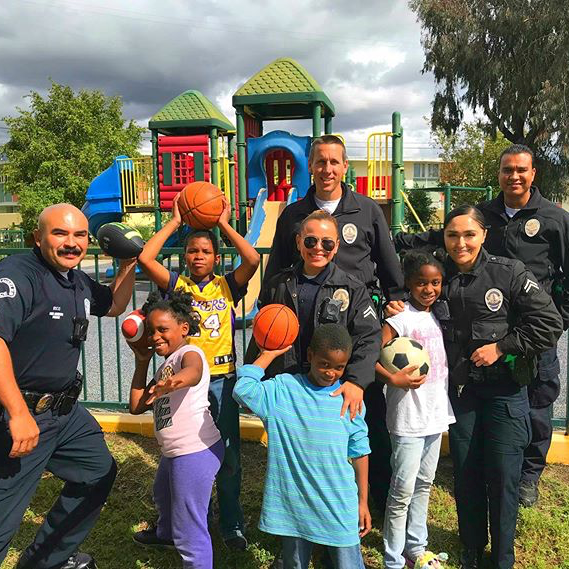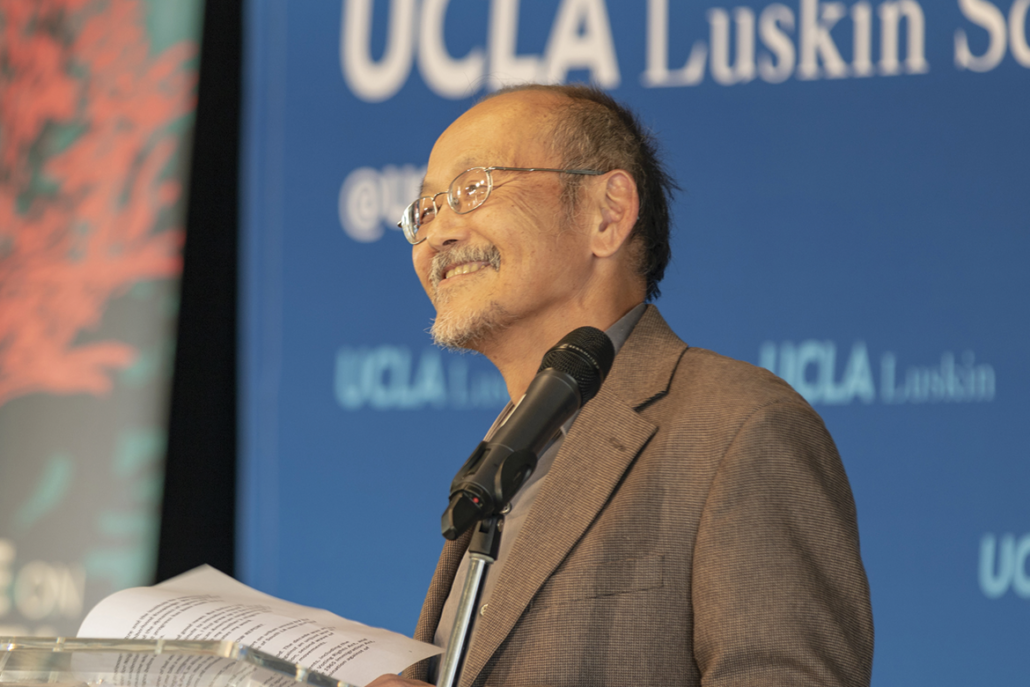State’s Black, Latino Workers Less Likely to Be Covered by Unemployment Insurance UCLA report recommends that California extend COVID-19 economic recovery funding to all workers
By Eliza Moreno
An analysis of unemployment in California at the height of the COVID-19 crisis shows that as many as 22% of Blacks and 26% of Latinos were jobless, compared to 17% of both white and Asian workers.
The new report, by the UCLA Latino Policy and Politics Initiative and the UCLA Center for Neighborhood Knowledge, is based not only on data from the filing of unemployment insurance claims, but also on labor statistics and U.S. Census data.
The paper examines the totality of the pandemic’s effect through mid-April on the California labor market by including estimates of the numbers of undocumented workers and so-called discouraged workers — people who want to be employed but are not actively engaged due to factors like job shortages, discrimination or a lack of requisite skills.
With state officials discussing a recovery package that will include adjustments to unemployment support, the UCLA report highlights the importance of including assistance for all types of workers, not just those who have filed unemployment claims. According to the study, roughly 1 million additional workers need assistance, and between 350,000 to 500,000 of them are undocumented.
“Many of the people facing devastating economic losses are in the shadows, and this report puts a figure to that loss so that policymakers understand where to focus their support as we move toward recovery,” said Sonja Diaz, founding director of the Latino Policy and Politics Initiative.
The report’s other key findings include:
- More than 3 million workers in California have lost their jobs as a result of the COVID-19 pandemic, more than any other state.
- More than 900,000 Californians have lost their jobs due to layoffs and have stopped looking for work as a result of the pandemic.
- Over a quarter of Californians experiencing job loss were ineligible for unemployment insurance.
- One-third of Californians who are receiving unemployment insurance are Latino.
- Latinos are 59% of Californians who are ineligible for unemployment insurance.
“Economic recovery can only be achieved by understanding who is hurting the most from the pandemic-induced recession,” said Chhandara Pech, a researcher at the Center for Neighborhood Knowledge and co-author of the paper. “Our report underscores that in the nation’s richest state, those at the bottom of the economic ladder need help the most.”
The report recommends that state policymakers expand the eligibility requirements for unemployment insurance, including for workers who may need to take time off to care for sick relatives. It also urges expansion of support to include health care and rental assistance, including for undocumented Californians.
The research brief is the fourth in a series of research papers examining the economic impact of the COVID-19 pandemic on neighborhoods in Los Angeles County. Previous papers in the series found that Asian-American and Latino neighborhoods in Los Angeles County were most vulnerable due to the pandemic’s impact on the retail and service sectors, Latino neighborhoods were less likely to receive the individual rebate under the CARES Act, and many Blacks and Latinos live in neighborhoods that lack basic necessities during the county’s safer-at-home order.
The research is being conducted with assistance from Ong & Associates, an economic and policy analysis consulting firm specializing in public interest issues. Ong & Associates provided services pro bono for the study. Its founder is Paul Ong, director of the Center for Neighborhood Knowledge, which is housed in the UCLA Luskin School of Public Affairs.
